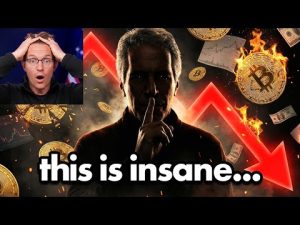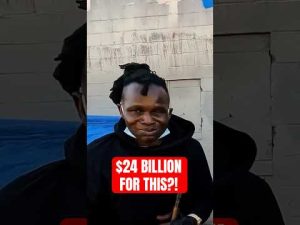In a world where digital slang has seemingly become its own cryptic language, one can’t help but wonder if today’s youth are engaged in a grand riddle or simply lost in translation. On one side, you have parents bewildered by a cascade of phrases that sound more like failed attempts at inventing alien dialects than everyday communication. On the other, children appear adept at nothing less than baffling their elders with terms like “savage,” “woke,” and “sus,” sounding more like a whimsical fantasy game than human interaction.
The commentary opens with a scene straight out of a comedy sketch, where parents and grandparents grapple with these overwhelming slang terms, a nostalgically named collection of jargon that brings to mind the days of youthful rebellion. It’s visual slapstick straight from the vaults of a vaudeville act, exemplifying how the generation gap has gone from merely talking about the weather to decoding cryptic messages—language evolving faster than a TikTok dance trend.
This digital disarray might have the whole family spitting water, not just from laughter but from sheer bewilderment. It’s as if young folks are determined to create new words just to confuse everyone, including themselves. One could argue that maybe, just maybe, there’s a method in this madness. Not unlike the great bards of old disguising messages in verse, today’s youth appear to be in a race to construct the most labyrinthine language. But, of course, any pain felt in trying to understand it is soothed by the hilarity of watching parents try to interpret with the finesse of a toddler learning to walk.
From “finna” to “cheugy,” one realizes that these phrases are as fleeting as a trending internet video, here today and obsolete by lunchtime. And just like those baffled parents, any attempt to decipher the hidden genius behind these phrases is as futile as understanding modern art— intriguing, colorful, yet utterly mystifying. But unlike the art on a gallery wall, these words are spat out with the speed of a rapper’s lyrics, puzzling anyone none-the-wiser.
While some may lament the erosion of the English language, as convoluted as it may seem, there lies untapped potential for improvement. One dares to dream of a world where this brain-teasing wordplay leads to unparalleled wit and linguistic flair. Perhaps this chaotic cocktail of verbiage will inspire future generations to examine language itself, ultimately leading us all to speak with the eloquence of a Shakespearean actor. But until then, one continues to watch, laugh, and eagerly await the next incomprehensible challenge in the fascinating theater of modern youth expression.







